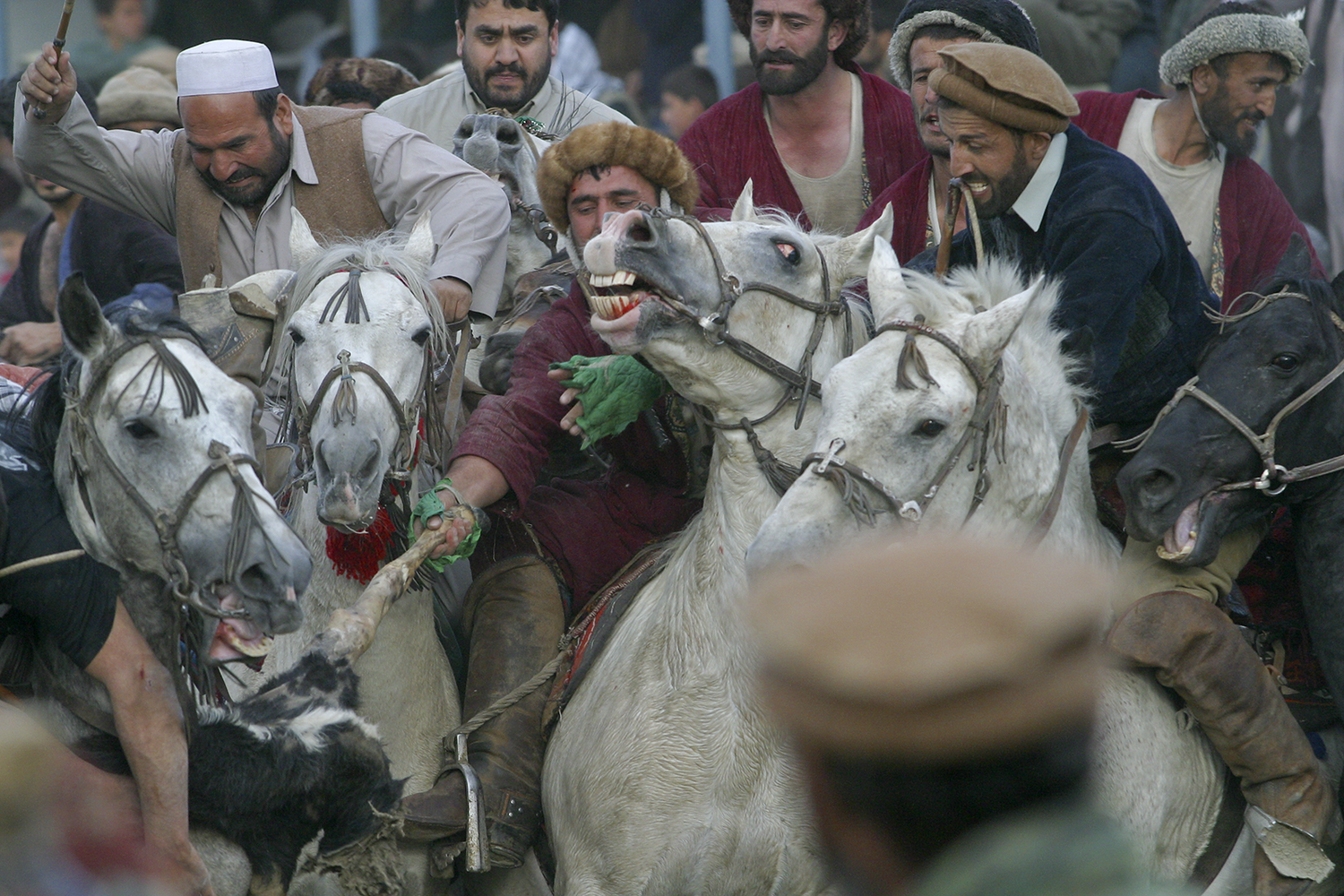Lancaster pilot Jack Widdicombe was a wide-eyed Prairie farm boy about to be thrust into the inferno of Second World War Europe when he boarded a double-decker bus and toured London. The 21-year-old Manitoba native and a pal set out to see the sights and instead encountered block after block of rubble. Twenty-three bombing missions over Nazi territory and 1,200 hours of combat and other wartime flying lay ahead of him. “It was total destruction,” Widdicombe recalled. “I said ‘how in the world can people do that to one another? Then a year later, I was doing it.
Here is the article at Legion Magazine.




